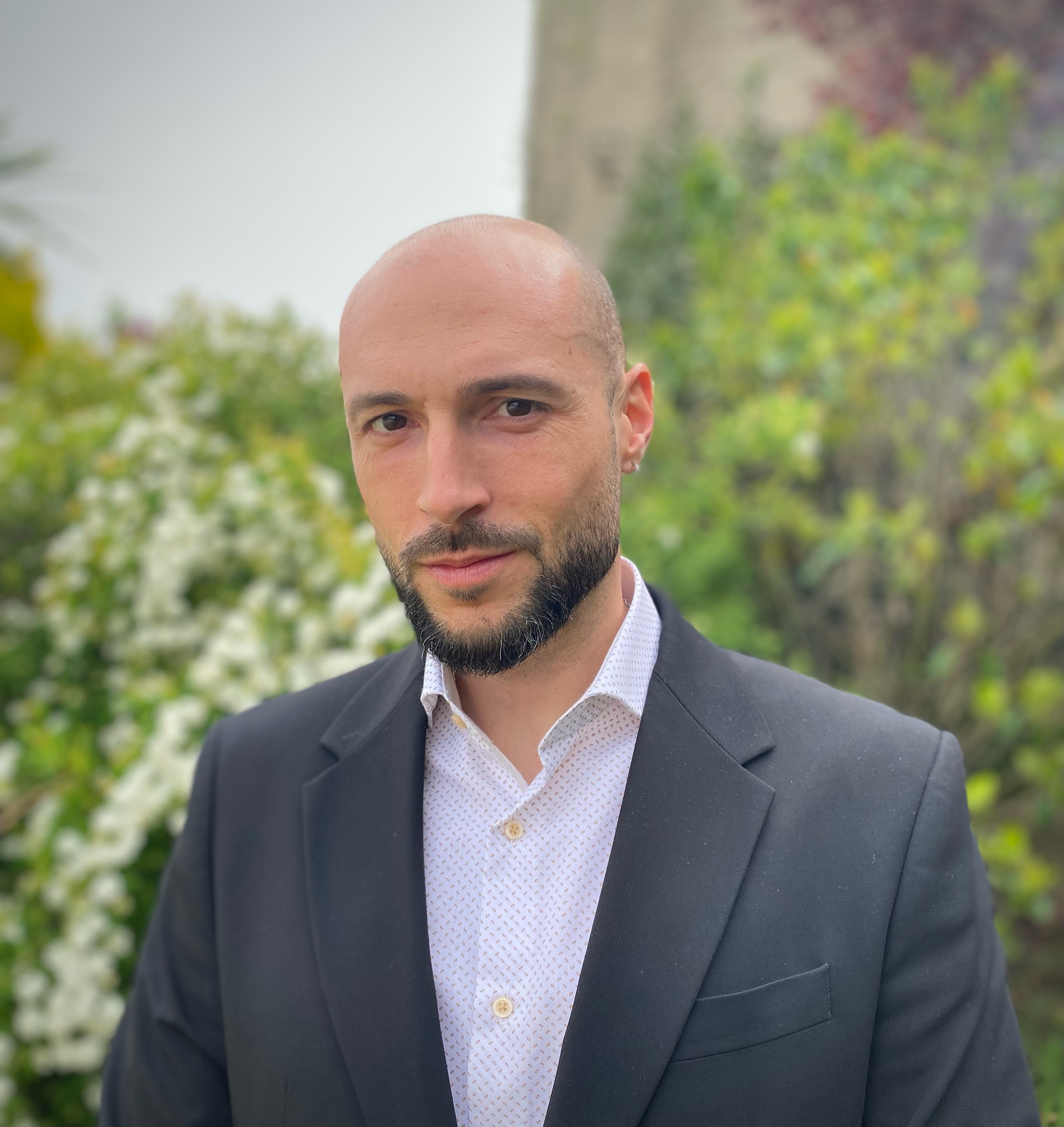Alexandre Vico Martori is awarded the I Tatti / Museo Nacional del Prado Fellowship

Alexandre Vico Martori is an art historian. He completed his PhD (2016-2021) between the University of Girona and the Kunsthistorisches Institut of Florence under the supervision of Joan Molina Figueras and Miguel Falomir Faus. In 2022 he obtained a Margarita Salas Fellowship with which he conducted research at the Max Planck Institute – Biblioteca Hertziana in Rome. His publications mainly focus on Botticelli’s spalliere, Renaissance furniture and the presence, reception and valuation of Italian painting in the Hispanic Kingdoms.
Since the inventories of Queen Isabella of Castile were studied and transcribed in the 19th and 20th centuries, much has been said about the marked artistic preferences that she openly manifested for art of Flemish origin. Less well known, however, is her personal appreciation of Italian painting, which was also represented in her collections. Thanks to the recent studies we now possess important data on Italian painting in Granada, but little is known about the introduction, function, and materiality of Italian art in the Iberian Peninsula through diplomatic channels and commercial events such as the famous fairs of Medina del Campo.
As the 2024–25 I Tatti / Museo Nacional del Prado Joint Fellow, Vico Martori will spend the fall term (September – December) in Madrid, with the support of the CEEH, and the spring term (January – June) in Florence. His project aims to carry out a macroscopic, comparative and critical study of the political, commercial, cultural and religious links between the Iberian and Italian peninsulas through the microscopic and specific approach of the few Italian paintings that arrived in the kingdoms of Castile and Aragon in the 15th century. One example being the Prayer in the Garden by Sandro Botticelli, an enigmatic work which derives from the literary ideals of the Vita Christi, connections between the conversion strategies and religious reforms led both by Girolamo Savonarola in Florence, and their equivalents promoted by the Catholic Monarchs in the Hispanic kingdoms.
